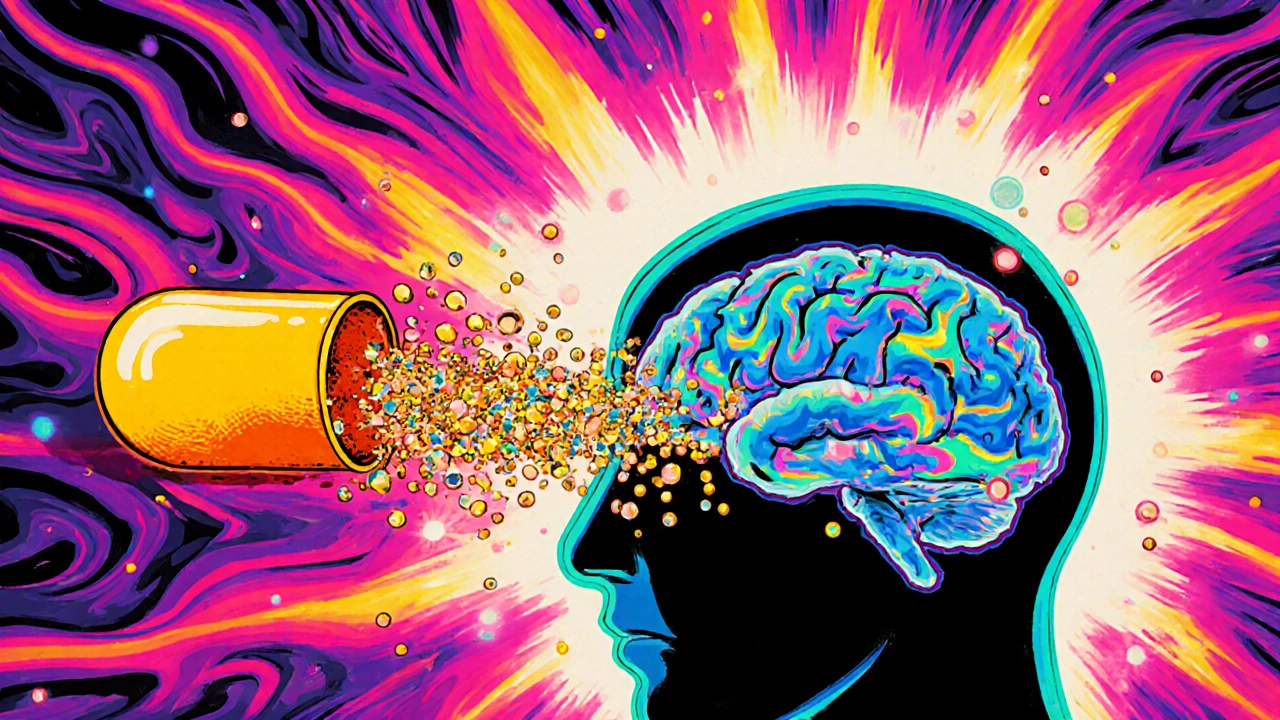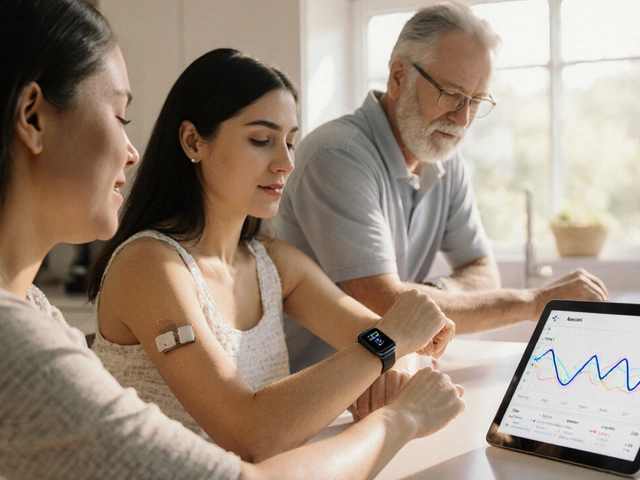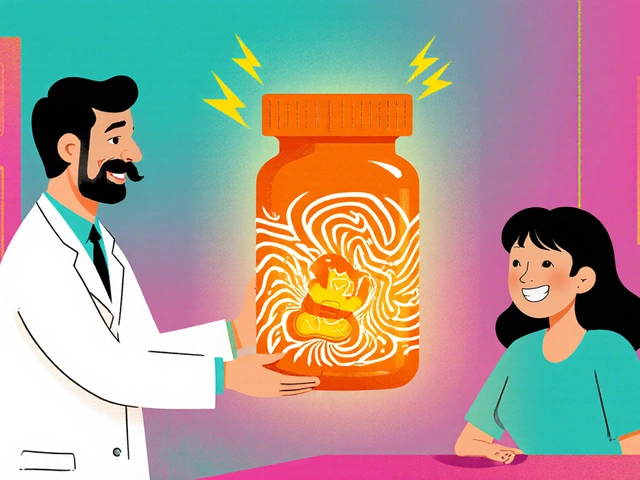Sulbutiamine: What It Is, How It Works, and What Studies Show
When people talk about Sulbutiamine, a synthetic derivative of vitamin B1 (thiamine) designed to cross the blood-brain barrier more effectively. Also known as Arcalion, it is used by students, shift workers, and athletes looking for a clean boost in mental energy without the crash. Unlike regular thiamine, Sulbutiamine doesn’t just support metabolism—it targets brain pathways linked to motivation, focus, and fatigue resistance.
It works by increasing thiamine levels in the brain, which helps your neurons produce more ATP—the energy currency of cells. This isn’t caffeine. There’s no jittery rush. Instead, users report a steady, calm clarity, like your brain finally stopped running on low battery. It’s often stacked with other nootropics like choline or L-theanine, but many find it effective alone. People with chronic fatigue, brain fog from stress, or even mild depression have turned to it as a non-stimulant option. Studies in Russia and Japan, where it’s been used clinically for decades, show measurable improvements in alertness and mood, especially in people with low energy states.
It’s not a magic pill, though. It doesn’t make you smarter overnight. But if you’ve tried coffee, energy drinks, or even modafinil and felt the downsides—crashes, anxiety, dependence—Sulbutiamine offers a quieter alternative. It’s not regulated as a drug in the U.S., but it’s widely available as a supplement. That means quality varies. Look for brands that list exact milligram amounts and avoid mystery blends. Most users take 200–400 mg daily, split into two doses. Some cycle it to avoid tolerance. Side effects are rare, but headaches or irritability can happen if you’re sensitive or take too much.
Related to this are other thiamine-based compounds like benfotiamine, which helps with nerve health and blood sugar, and regular B1 supplements that support general metabolism. But Sulbutiamine is the only one built to reach your brain directly. It’s also different from stimulants like Adderall or even caffeine—it doesn’t spike dopamine the same way. Instead, it fine-tunes your brain’s existing energy systems. That’s why it’s popular among people who want to stay sharp without feeling wired or burned out.
Below, you’ll find real user experiences, comparisons with similar supplements, and practical advice on how to use Sulbutiamine safely and effectively. Whether you’re trying to get through long workdays, study for exams, or just feel more like yourself, the posts here cut through the hype and give you what actually works.
Sulbutiamine (Arcalion) vs. Top Alternatives - Benefits, Dosage, Side Effects
A practical comparison of Sulbutiamine (Arcalion) with top nootropic alternatives, covering benefits, dosing, side effects, and how to choose the best option for you.






